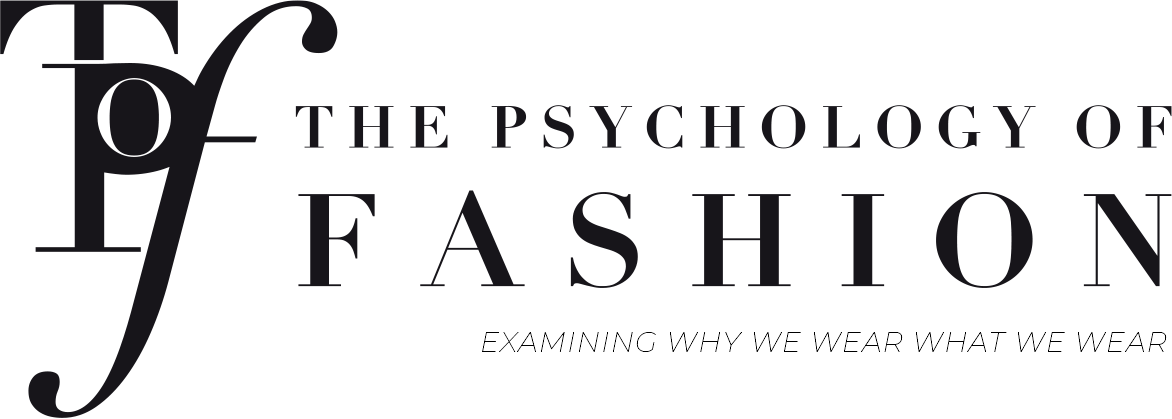Like many millennials, my budget for luxury goods isn’t colossal. However, this budgetary limitation is not reflected in my social networks nor in those of my friends. For us, maintaining an image on Instagram is extremely important. If you are not there, you do not exist. Showing your personality and attracting attention is an art, with each its own advertising agent trying to fit a certain niche, and at the same time standing out from the rest, highlighting their qualities and hoping that this strategy increases their number of followers. This situation makes us think on a daily basis, how do we want to be perceived today? What message do we want to transmit to the public?
We are in a constant struggle to create messages, show ourselves and receive the approval of others. Social networks have opened incredible new doors for us. Now it's supposedly easier than ever to be who you want to be. The opportunity is in your hands, or to be more exact, on your phone. But in a very paradoxical way, this new digital world has also spurred an enormous amount of anxiety within the system, making us more and more desperate to create a perfect and consistent identity.
According to recent reports, 49% of Instagram users say they follow certain brands only to feel more connected to them, and not necessarily to buy or learn about new launches. We use Instagram as a tool to build our personal image. We follow Gucci, when in reality, we buy in Zara.
We are in an era where everything is connected. Inspiration is always present around us, but the barrier to realize this vision is very high. So why do I follow Gucci on Instagram, knowing that the latest Marmont mini will not fit into my budget this year? Simply because of the need to belong.
Within the pyramid of the American psychologist and theoretician Abraham Maslow, the need for affiliation is one of the most basic elements. It appears before the need for recognition, or even the hallowed need for self-realization. According to the bestselling author Seth Godin, a group can succeed only if it meets two requirements: to have a common interest or idea and to have an effective way of communicating that.
Social networks have amplified our ability to communicate and connect. We have access to the "private" lives of all our role models. The rules of the game are much clearer and more exposed to us, thanks to the virtual world.
When we decide to follow Gucci only to feel a connection to the brand is when our internalization process begins. We learn the rules and follow the rules of the game, dictated by the alpha group - the one we aspire to belong to. Those rules will be part of our personality, and the identity that we create and build to belong to the community.
In Maslow's theory, the formula is simple. Our needs are arranged in different levels from the most basic physiological ones (to sleep and avoid physical pain )to the highest ones, such as self-realization (living our very best life). The idea of this hierarchy is that our higher needs will occupy our attention only when we have satisfied the lower needs of the pyramid.
But in today's digital reality, not everything is so black and white. We are now more exposed than ever to the luxury brands that flood us with information, and Instagram plays an important role, giving us quick access to images that flash aspirational thoughts in us, cultivating an urgent need for us to reach our highest potential NOW. We need to have all the clothes, go on all the vacations, reach all the relationship milestones.
As mentioned, our need for affiliation makes us want to be connected to the same idea, and be part of the same vision as our favorite brands. We look for something that will guide us along the way and at the same time help us express our identity. Virtual spaces are the perfect place for that. They help us to express ourselves as when we publish images or the content we like and we follow certain brands because they make us feel in a certain way.
The reason why we follow Gucci on Instagram without having the budget for it, is the same reason we buy a super-expensive t-shirt with a certain logo. It is a seemingly irrational behavior that responds to the need to feel that we are creating our ideal image. We are in control. We are well on our way to our best life.
The aspirational images help us feel that we are getting closer to our aspirational selves. Social networks can be an ideal destination to connect, inspire and get to know new ideas and concepts. But it is very important not to get lost in the flood of images that sell us the illusion of a perfect life. When the barrier between what we aspire to be and our reality is very high, we can fall into despair and poor mental health. This may be the reason why there is a growing interest on the part of consumers in brands that transmit a more authentic narrative, are more connected to our real lives, and that increasingly try to respond to the needs of their audience instead of selling an unattainably perfect image. Aspirational yet achievable is the way forward. Gucci, are you listening?
Orian Bar is a writer based in Panama.












In the world of post-pandemic dressing, one word has taken social media by storm: cheugy (pronounced: chew-gee). In the worlds of fashion and lifestyle, cheugy describes a look, a thing or a person that’s considered out of date.